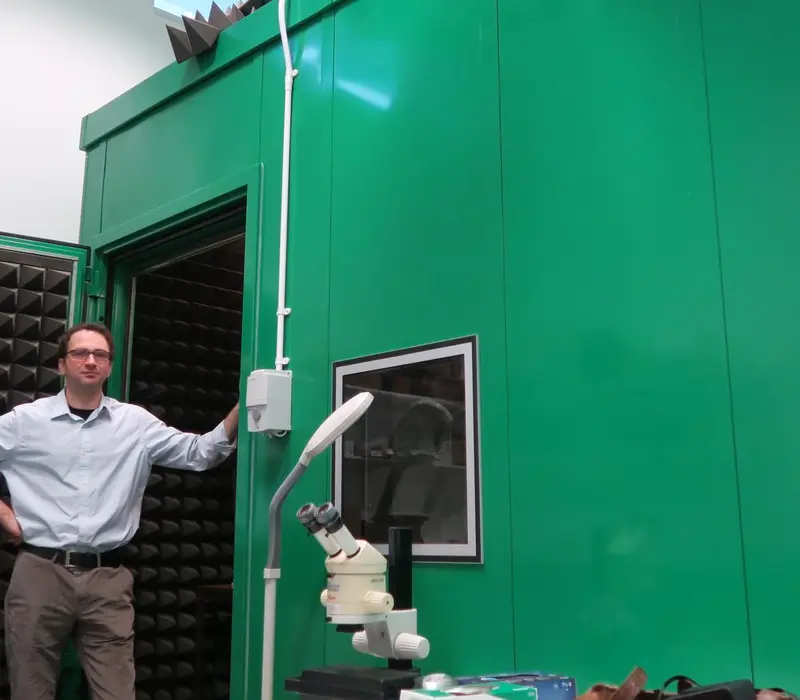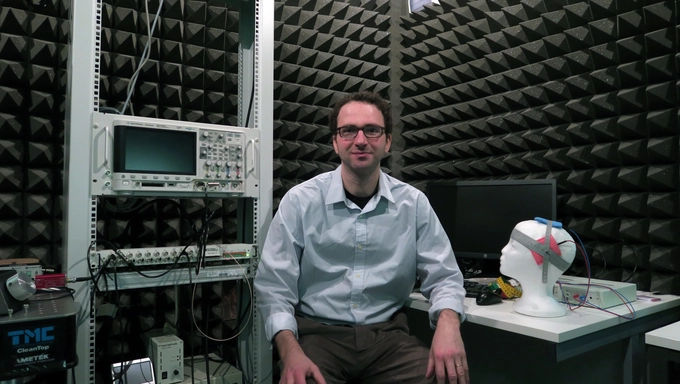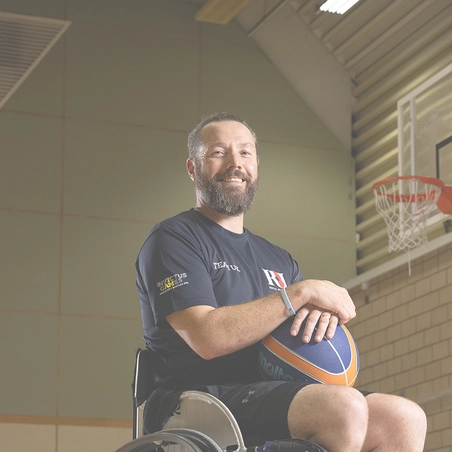Since 2015 a team at the Centre for Blast Injury Studies has been investigating hearing loss amongst veterans, and possible remedies.
Read more about the Centre for Blast Injury here on the RBL website.
Auditory processing disorder (APD)
Auditory processing disorder (APD) is a hearing problem that affects the ability to distinguish between competing noises, with sufferers often struggling to make out a human voice against conflicting background noise.

£ 2 m
Research (published in 2009) on infantry soldiers found that up to 14 per cent of those returning from Afghanistan in 2007-08 had hearing loss, whilst a study in the United States found that more than half of US Army veterans suffer from APD.
Leading the research at Imperial College is Dr Tobias Reichenbach, a scientist with a background in auditory neuroscience.
“A loss of hearing in any capacity can have a significant impact on your professional and personal life,” said Dr Reichenbach.
”APD is a common problem among veterans, but I don’t think it’s really been picked up before because it’s not fatal.
“The US research shows that APD can be a consequence of blast exposure, and many veterans who have been in a combat situation have experienced blast exposure."

At the moment there is no treatment available, but we hope to change that.Dr Tobias Reichenbach
How blasts affect the brain
According to Dr Reichenbach, blasts have a severe effect on the brain.
“APD isn’t a result of damage done to the ear, which can be in perfect working order. It’s due to neurological impairment.
“When exposed to a blast, a high-pressure blast wave goes over you, and that has impact on the head. Also people can be thrown against a wall or hit on the head, causing injury to the brain."
Assessing the damage
In the first stages of their research the team used electroencephalography (EEG) to measure brain activity during speech processing.
Each subject was asked to wear a cap fitted with electrodes and to listen to two competing human voices through a set of headphones. The electrodes on the cap were used to track the signals from the brain used to understand speech.
“Our preliminary results indicate that cortical oscillations (rhythmic neural activity) are impaired in veterans with APD,” said Dr Reichenbach.
“We are now building on these findings to develop neuro-stimulation techniques for rehabilitation.
“At the moment there is no treatment available, but we hope to change that. Some people are born with APD and in those people it is difficult to cure.
“In veterans it has been acquired so we are hoping it can be reversed through auditory training, such as brain stimulation, which involves applying small currents to the brain to make the brain able to learn more easily.”

Research has also shown that some veterans who do not have APD also have difficulty with understanding speech in noise, a finding that Dr Reichenbach has now started to explore in more detail.
“We are now embarking on a project to investigate if problems with understanding speech in noise can also result from damage to the auditory-nerve fibres and the brainstem that link the ear to the central brain areas.”



